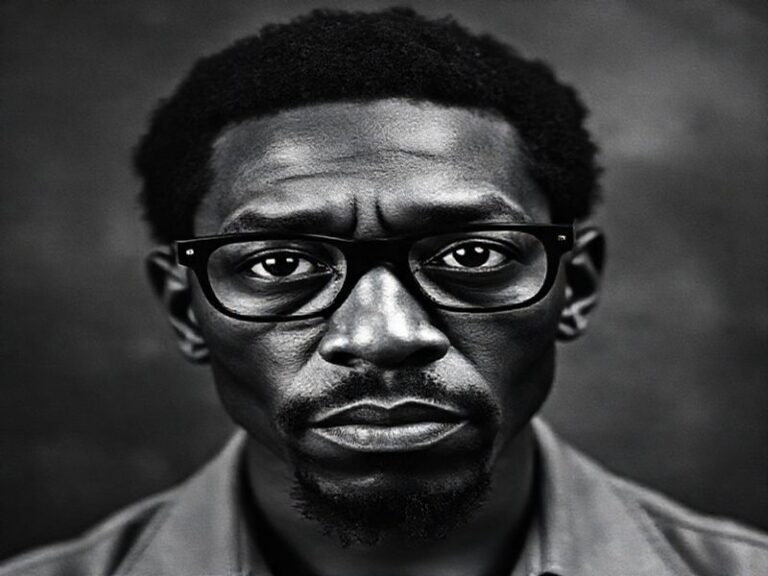Roberto Clemente: How One Ballplayer Became the World’s Favorite Guilt Trip
Roberto Clemente: The Caribbean Saint the World Keeps Mispronouncing
By Dave’s Locker Global Affairs Desk
On the night of December 31, 1972, a DC-7 cargo plane sputtered over the Atlantic like a drunk tourist who’s just discovered rum is cheaper than water in Puerto Rico. Somewhere between San Juan and Managua, the aircraft—loaded with earthquake relief supplies and one very stubborn right fielder—dove into the sea and took Roberto Clemente with it. The official cause was engine failure; the unofficial cause was the same thing that usually kills saints: an almost pathological inability to mind his own business.
From the moment his body vanished into the black surf, Clemente ceased to be a mere baseball player and became the planet’s most reliable moral Rorschach test. In Latin America he is El Hombre—statues in every plaza from Caracas to Santo Domingo, a face on more murals than Che but with better dental work. In Pittsburgh he is a civic religion whose commandments include Thou Shalt Not Criticize the 1960 Pirates and Thou Shalt Pretend You’ve Always Known How to Say “Clemente” Properly (accent on the second syllable, gringo). In the United States at large, he’s the convenient answer to pub-trivia questions about the first Latino in Cooperstown—right after Americans finish Googling where Cooperstown actually is.
Yet step outside the baseball cathedral and Clemente’s afterlife gets darker, funnier, and infinitely more useful as a mirror for whatever geopolitical neurosis is trending. During the Cold War, Washington paraded him as proof that democracy could produce disciplined minorities who hit .317 lifetime without nationalizing anything. Moscow’s propaganda reels left him on the cutting-room floor; too devout, too charitable, and—worst of all—too fond of individual statistics. In today’s post-truth funhouse, both Fox News and Telemundo can quote him on charity without acknowledging that the same impulse would now get him detained at a U.S. airport for “excessive humanitarianism in a Spanish accent.”
The global south, naturally, has weaponized Clemente for its own rotating cast of grievances. Venezuela’s current regime invokes him when it wants to look less kleptocratic; next week the opposition will do the same. In Nicaragua, Daniel Ortega’s government still issues commemorative stamps featuring Clemente’s profile, apparently untroubled by the irony that the supplies Clemente died delivering were meant for victims of a previous earthquake—one Ortega himself tried to monetize. Meanwhile, Major League Baseball franchises fly him like a flag every September 15, the day they remember Latinos exist and that their academy contracts are 30% cheaper than domestic draft picks.
Even death couldn’t slow the commodification. The Roberto Clemente Award—handed annually to the player who best “combines outstanding skills on the field with devoted work in the community”—has become a sort of Nobel Peace Prize for guys who can hit a slider. Past winners include noted philanthropists and at least one who later admitted to domestic violence. The trophy itself looks like a hood ornament designed by someone who’s never met a poor person; the base is walnut, the figure is burnished bronze, and the price tag could probably fund three clinics in the barrios Clemente kept trying to fix between double-headers.
And still the ocean holds onto him. Every so often, a fisherman off Loíza hauls up a scrap of fuselage or a seatbelt buckle, and Puerto Rican radio stations suspend their reggaetón long enough to interview the poor guy who thought he’d caught a tuna and wound up holding history. Interpol dutifully logs the serial numbers, as if bureaucracy could file away the uncomfortable truth that sometimes the world’s only honest superstars die doing paperwork no government could be bothered to finish.
Which is why, on any given New Year’s Eve from Stockholm to São Paulo, you’ll find lonely expats raising a glass to a man most of them never saw play. They toast him not for the cannon arm or the exactly 3,000 hits, but because he proved—briefly, inconveniently—that it is possible to be both globally famous and globally decent. A condition so rare, it still crashes more often than a 1972 cargo plane.
Cheers to that, Roberto. Try not to roll your eyes at the speeches.







